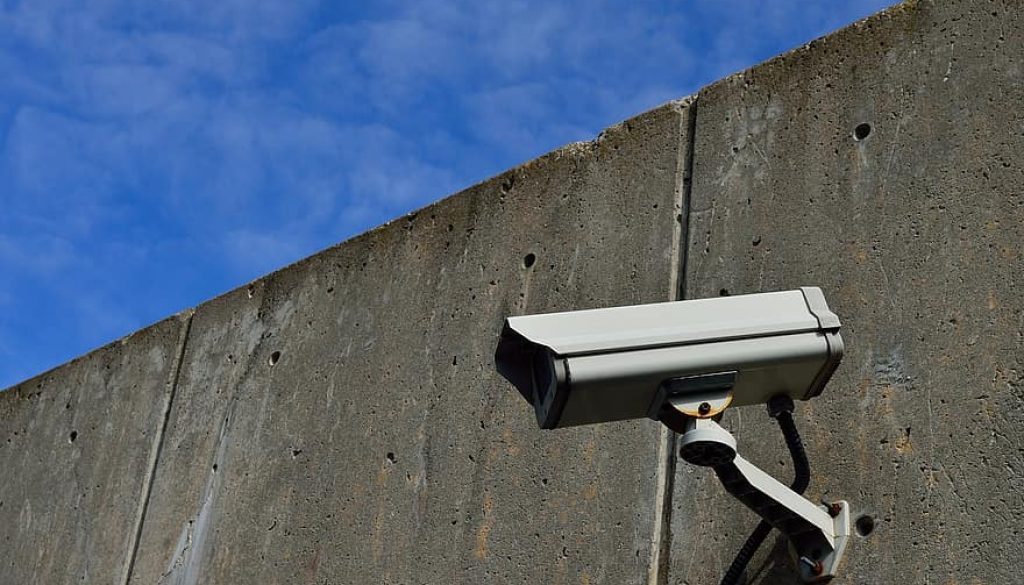Russia: Facial recognition cameras used to monitor quarantine compliance in Moscow
In late March, the Kremlin ordered for the closure of non-essential businesses and for Russia’s 147million citizens to stay at home in response to Covid-19, while on March 30, it closed its borders.
On April 1, President Vladimr Putin signed legislation which would allow for breaches of the state’s quarantine rules to result in a fine or a prison term, including up to seven years imprisonment in certain cases.
On April 10, Moscow’s mayor Sergey Sobyanin announced that a mandatory QR-code digital pass system for people using public or private transport in the city would be introduced as a means to enforce the capital’s lockdown rules.
Those deemed exempt from needing the passes were soldiers, public servants, lawyers, journalists and private security guards.
To obtain a digital pass, or permission to leave their home for a specific reason, people would have to apply for the pass via text or through a special Moscow City Hall website.
Warning
As part of the application process, people would have to give their first and last name, passport number, phone number and, in some cases, their employer’s tax identification number. The pass could then be printed out, saved on a person’s phone or the pass code could be written on paper.
In conjunction with the deployment of digital passes for people using public or private transport, police in Moscow have been using facial recognition tech-equipped cameras to monitor the movements of people in quarantine, again warning them that a breach of quarantine rules could lead to a jail term.
As of mid-March, the city’s 178,000 cameras positioned on streets, in subways and in buses reportedly caught 200 people breaking coronavirus lockdown restrictions.
However, one Moscow resident under quarantine has described how, after he stepped outside his home for two minutes to discard household waste, he was visited by police approximately 30 minutes later, informing him that he had violated Moscow’s quarantine rules.
A third surveillance tool deployed in Russia, in response to Covid-19, has been a national system to track people who have been in contact with Covid-19 patients using location data provided by mobile phone providers.
Digital passes
The Communications Ministry demanded that the regional authorities provide it with anonymous lists of the mobile phone numbers of people infected with Covid, and lists of telephone numbers of people who are self-isolating after either returning from being outside of Russia or having been in contact with a Covid-19 patient.
In response to the surveillance measures, human rights group Agora and Roskomsvoboda, a digital rights campaign group, made a joint call to regional governors, asking them to ensure that the surveillance measures were legal, proportionate and temporary.
They have also highlighted that there is no federal law to regulate the use of FRT or digital passes, and no guarantee enshrined in any law that the information collected via these surveillance tools will be deleted once quarantine is lifted.
In addition, Agora, having opened a Covid-19 legal centre and received more than 4,000 requests for legal consultations, is currently preparing a report involving data from each of Russia’s 85 different regions concerning coronavirus-related legal issues including surveillance, FRT and contact tracing.
Pic: Pikist
(Labelled for non-commercial re-use)

